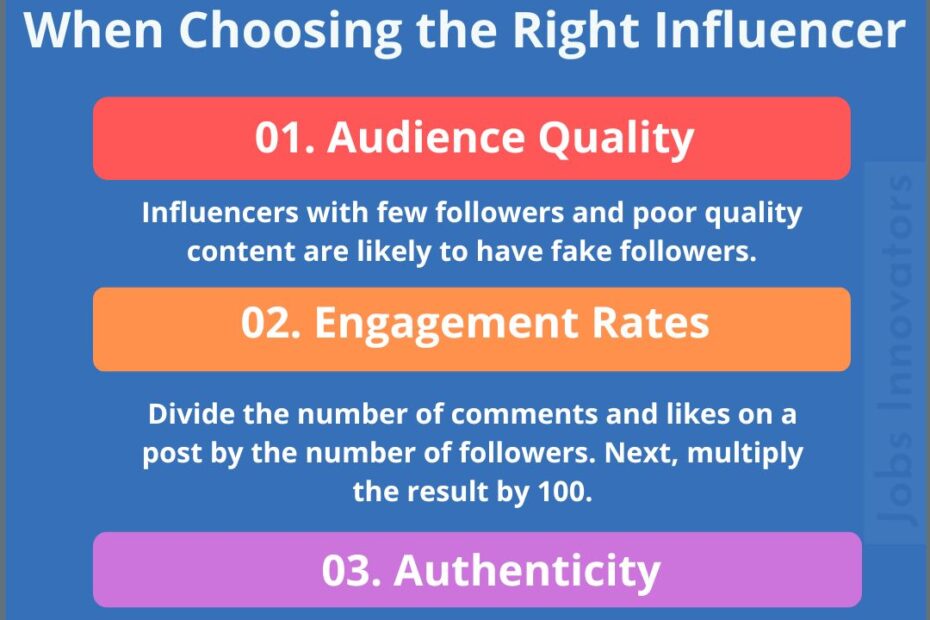Top 10 University in India to Study
Top 10 Universities in India for Quality Education and Academic Excellence Selecting the ideal university is a critical choice, especially when it shapes one’s future career and academic path. Here, we present the top 10… Top 10 University in India to Study









